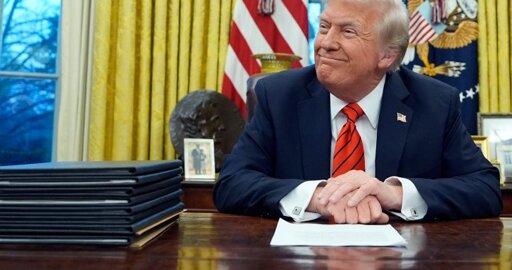- cross-posted to:
- [email protected]
- cross-posted to:
- [email protected]
Summary
Donald Trump warned he may impose tariffs of 50 to 100% on Canadian-made cars, claiming Canada “stole” the U.S. auto industry.
The U.S. and Canada have had a deeply integrated automotive sector since the 1965 Auto Pact, later reinforced by NAFTA and CUSMA.
Trump also enacted 25% tariffs on steel and aluminum to protect U.S. industries.
Canadian Prime Minister Justin Trudeau vowed to push back, with Finance Minister Dominic LeBlanc traveling to Washington to meet Trump’s commerce pick and argue against the tariffs.



You might see short term savings on some things during the economic turbulence, but overall it will make things more expensive in the short and long term.
For things that Canada is a net exporter of, like Canola, you might see a sudden oversupply when exports stop, and then cheaper products. In the long term, farms will adjust or go out of business. The expenses that come along with that wind up on the consumer eventually.
For manufactured items, if a business is shifting to solely domestic markets, they lose a lot of economies of scale which again increases costs.
Overall, free trade is a mixed bag. It ultimately saves consumers money, but leads to larger multinational businesses and reduced national autonomy.
Unwinding free trade gives up the reduced costs and costs a lot of money in retooling and reestablishing supply chains etc.